Regulation
Fed Chair Powell Voices Strong Support for Stablecoin Regulation
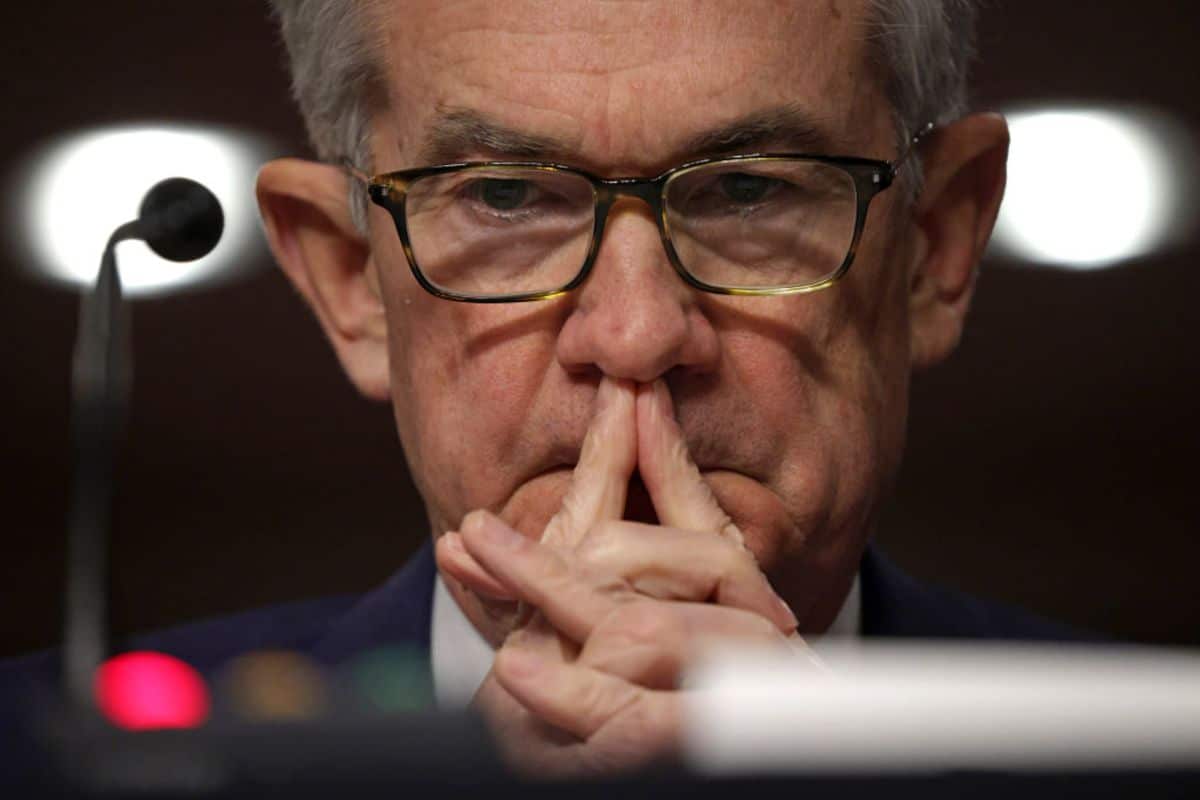
During a recent congressional hearing, Federal Reserve Chair Jerome Powell has expressed a keen interest in the passing of stablecoin legislation before the year ends.
Federal Reserve’s Commitment to Stablecoin Regulation
The Chairman of the Federal Reserve, Jerome Powell, has recently come out in support of stablecoin regulation. In response to a question from Representative Wiley Nickel, Powell stated that the Federal Reserve remains open to working with Congress on stablecoin regulation.
”We have been quite happy to be part of this process and appreciate being involved. It is crucial for us to have a appropriate framework for stablecoins and we are fully committed to assist you in achieving this,” said Powell.
This commitment underlines the need to create a legal framework for the provision of stablecoin services to enhance the stability and security of the transactions within the United States. This will now be followed by the legislative process in which several financial regulators as well as lawmakers will play an active role.
Bipartisan Effort for Regulatory Framework
The Lummis-Gillibrand Payment Stablecoin Act was proposed by Senators Cynthia Lummis and Kirsten Gillibrand back in April as a comprehensive bill to regulate payment stablecoins. The concept of this bipartisan bill is to regulate the market in a way that will protect consumers and promote innovation without threatening the supremacy of the dollar.
The new legislation replaces the 2022 Responsible Financial Innovation Act (RFIA) with a focus on payment stablecoins regulation.
According to the new bill, a “payment stablecoin” is any crypto asset that is designed to be used as a medium of exchange or a means of payment and is either redeemable for a fixed amount of US dollars or has a stable value equivalent to the US dollar. The bill does not cover stablecoins that are pegged to non-US dollars or other forms of assets.
Backlash and Support
The introduction of this bill has garnered both support and criticism from the financial and tech sectors. While some have applauded it as a means of bringing sanity to the industry and protecting the consumers, others have raised apprehension on the possible negative impact on innovation.
Additionally, the proposed stablecoin regulation has also raised questions on its impact on First Amendment rights. Coin Center, a crypto advocacy group, has opposed the bill claiming that the ban on algorithmic stablecoins is problematic.
Jerry Brito, the CEO of Coin Center applauded the government for seeking to regulate stable coins but had some concerns on how the bill would affect innovation and speech.
Read Also: Malaysia Might Take Strong Action Against Bitcoin Mining
The presented content may include the personal opinion of the author and is subject to market condition. Do your market research before investing in cryptocurrencies. The author or the publication does not hold any responsibility for your personal financial loss.
Regulation
“Crypto Dad” Chris Giancarlo Emerges Top For White House Crypto Czar Role
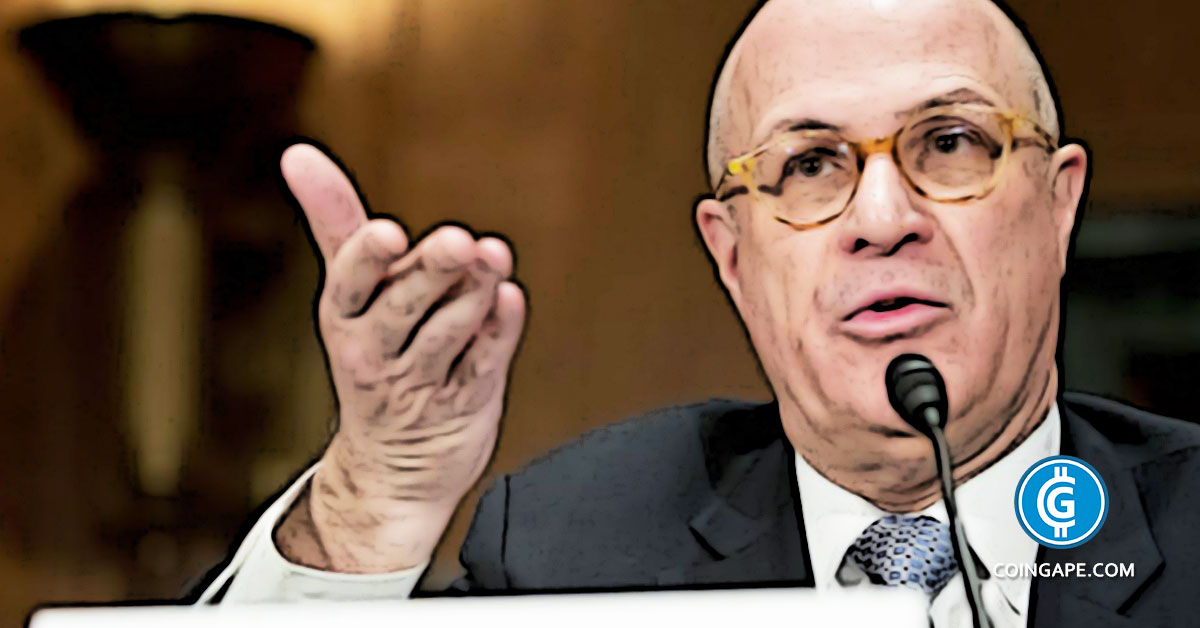
Chris Giancarlo, widely known as “Crypto Dad,” has emerged as the leading candidate for a newly proposed role of crypto czar in the White House under President-elect Donald Trump’s administration. The potential appointment underscores a strategic effort to advance crypto regulations and foster blockchain innovation in the United States.
This proposed position would be the first of its kind in the White House, aiming to bring clarity to the growing $3 trillion digital asset market. Chris Giancarlo, the former Chair of the Commodity Futures Trading Commission (CFTC), is known for his progressive approach to digital currencies and blockchain technologies.
Chris Giancarlo Leads Race for White House Crypto Czar Role Under Donald Trump
According to a Fox Business report, Chris Giancarlo is the top contender for the position of White House crypto czar, a role being considered by the Trump transition team to streamline crypto regulations and foster blockchain development.
As CFTC Chair from 2017 to 2019, Chris Giancarlo oversaw critical advancements in the digital asset space. This includes the launch of the first Bitcoin futures. He later co-founded the Digital Dollar Project, a nonprofit initiative exploring the potential of a U.S. central bank digital currency (CBDC). Giancarlo’s regulatory expertise and understanding of digital innovation position him as a key figure in shaping the future of the crypto sector.
The Trump administration aims to utilize this position to address industry concerns over the Biden administration’s perceived heavy-handed enforcement. The crypto czar would also collaborate with federal agencies to establish a framework for the $180 billion stablecoin market and enhance the overall regulatory landscape for blockchain and digital currencies.
Trump’s Strategic Approach to Digital Asset Policy
President-elect Donald Trump has expressed plans to make the U.S. a global leader in cryptocurrency and blockchain innovation. Part of this strategy includes appointing a crypto czar to advance policies to support the industry’s growth.
Trump has also proposed the establishment of a presidential crypto advisory council to address ongoing regulatory challenges. This initiative aims to align federal policies with industry needs, fostering a competitive environment for blockchain businesses. The council will explore the creation of a Bitcoin reserve as part of the administration’s broader crypto policy agenda.
The transition comes as current SEC Chair Gary Gensler announced his resignation effective January 20, 2025, coinciding with Trump’s inauguration. Gensler faced criticism during his tenure for his enforcement-driven approach to crypto regulations.
Amid speculation, Chris Giancarlo clarified that he is not pursuing the SEC Chair role. Giancarlo said in a recent statement,
“I’ve already cleaned up earlier Gary Gensler mess at the CFTC and don’t want to have to do it again.”
His focus remains on advancing crypto-friendly policies through a potential new role. According to the report, the “Crypto Dad” stated,
“I would be honored to be considered for the role.”
The creation of the crypto czar position could mark a pivotal moment in the evolution of U.S. crypto policy. With Chris Giancarlo leading the race, the industry anticipates advancements in crypto regulations under the new administration.
Disclaimer: The presented content may include the personal opinion of the author and is subject to market condition. Do your market research before investing in cryptocurrencies. The author or the publication does not hold any responsibility for your personal financial loss.
Regulation
UK to unveil crypto and stablecoin regulatory framework early next year


- The UK will introduce unified crypto regulations, including stablecoins, in early 2025.
- New rules aim to simplify oversight and avoid restrictive staking classifications.
- Labour government aims to compete with EU’s MiCA rules and US pro-crypto policies.
The United Kingdom is set to introduce a comprehensive regulatory framework for cryptocurrencies, stablecoins, and crypto staking services in early 2025, marking a pivotal shift in its approach to digital assets.
The announcement was made by the Economic Secretary to the Treasury Tulip Siddiq at City & Financial Global’s Tokenisation Summit in London on November 21.
Initially slated for December 2024, the regulatory rollout was delayed due to the change in government following the election of Prime Minister Keir Starmer’s Labour administration in July 2024.
The upcoming UK crypto regulatory framework
The upcoming framework consolidates regulations for crypto assets into a single, overarching regime, a decision Siddiq described as “simpler and more logical.”
The framework aims to provide clarity in a rapidly growing sector that has faced uncertainty in the UK.
Stablecoins will receive distinct treatment under these regulations, as their functionality does not align with existing payment services rules.
Siddiq highlighted that staking services would also avoid being designated as “collective investment schemes,” a classification that could impose burdensome restrictions.
UK aims to align with the global crypto regulatory landscape
The UK government’s renewed focus on digital asset regulation comes as it seeks to align with global developments. The European Union’s Markets in Crypto-Assets (MiCA) regulations will be fully enforced by the end of 2024, offering regulatory certainty that has positioned Europe as an attractive market for the crypto industry.
Meanwhile, the US, under President Donald Trump’s administration, has adopted a markedly pro-crypto stance, including the establishment of a White House “crypto czar” and SEC Chair Gary Gensler’s planned departure in January 2024.
The Labour government has shown its intent to catch up with international competition. In September 2024, it introduced a bill recognizing NFTs, cryptocurrencies, and carbon credits as property.
The new regulatory push reflects the UK’s ambition to regain credibility as a crypto hub while addressing criticisms of the Financial Conduct Authority’s perceived stringent oversight.
By delivering a robust, streamlined framework, the Labour government aims to bolster the UK’s standing in the multibillion-dollar crypto industry.
Regulation
Gary Gensler To Step Down As US SEC Chair In January
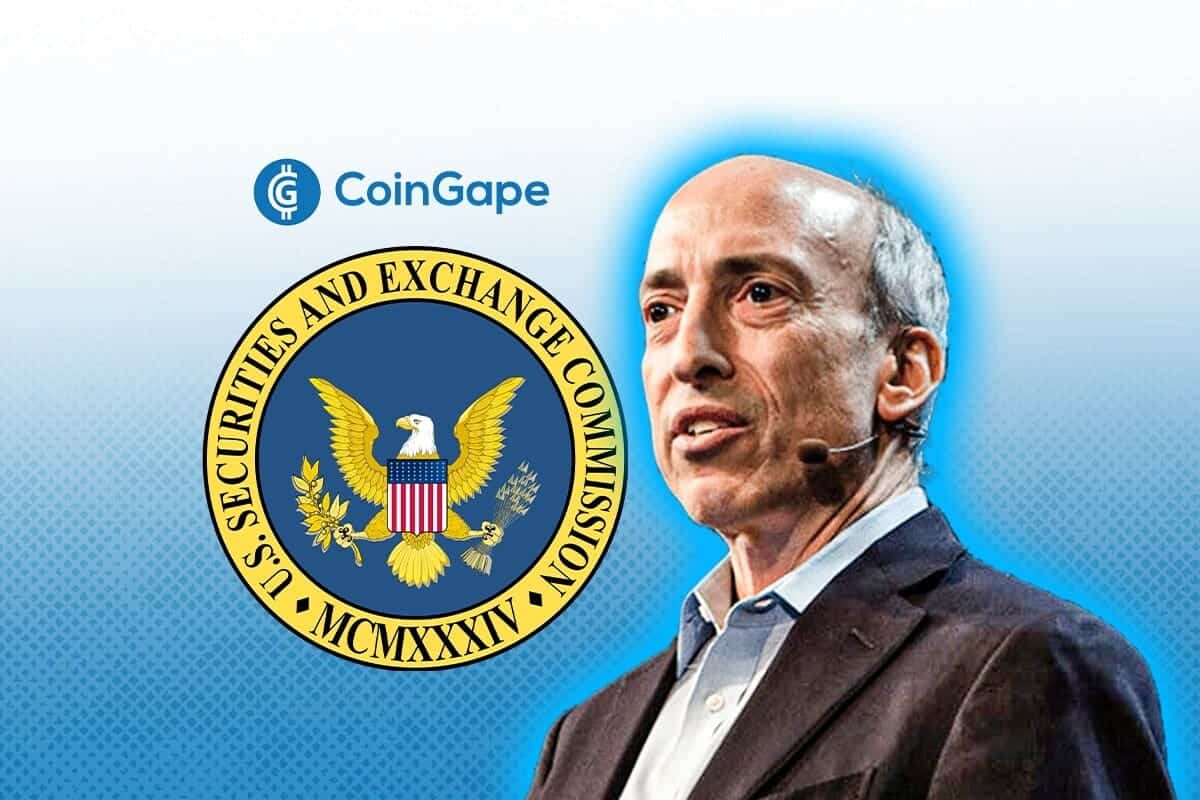
In a recent development, the US Securities and Exchange Commission (SEC) announced that Gary Gensler will step down from his position next year. This follows calls for Gensler to resign since Donald Trump won the US presidential elections.
Gary Gensler To Step Down As US SEC Chair
The US SEC announced in a press release that Gary Gensler will depart the Agency on January 20, 2025. The US SEC Chair also confirmed this development in an X post. Interestingly, this comes on the same day that Donald Trump will be inaugurated as the 47th president of the United States.
Following the announcement, Gensler also used the opportunity to reflect on his time at the Commission. He remarked that it has been an “honor of a lifetime” to serve alongside those at the SEC. He also thanked President Biden for the opportunity to serve in the position. Gensler has been the US SEC Chair since April 2021. During his time, he has spearheaded several litigations against the crypto industry.
This includes the long-running legal battle with Ripple, which Gensler took over from his predecessor Jay Clayton, which bordered on whether XRP was a security. Up till now, the Agency continues to reiterate this ‘digital asset securities’ claim.
Disclaimer: The presented content may include the personal opinion of the author and is subject to market condition. Do your market research before investing in cryptocurrencies. The author or the publication does not hold any responsibility for your personal financial loss.
-

 Bitcoin19 hours ago
Bitcoin19 hours agoMarathon Digital Raises $1B to Expand Bitcoin Holdings
-

 Regulation13 hours ago
Regulation13 hours agoUK to unveil crypto and stablecoin regulatory framework early next year
-

 Market19 hours ago
Market19 hours agoETH/BTC Ratio Plummets to 42-Month Low Amid Bitcoin Surge
-

 Altcoin22 hours ago
Altcoin22 hours agoSui Network Back Online After 2-Hour Outage, Price Slips
-

 Altcoin21 hours ago
Altcoin21 hours agoDogecoin Whale Accumulation Sparks Optimism, DOGE To Rally 9000% Ahead?
-

 Altcoin24 hours ago
Altcoin24 hours agoVitalik Buterin, Coinbase’s Jesse Pollack Buy Super Anon (ANON) Tokens On Base
-

 Altcoin19 hours ago
Altcoin19 hours ago5 Key Indicators To Watch For Ethereum Price Rally To $10K
-

 Market18 hours ago
Market18 hours agoSEC Moves Toward Solana ETF Approval Amid Pro-Crypto Shift




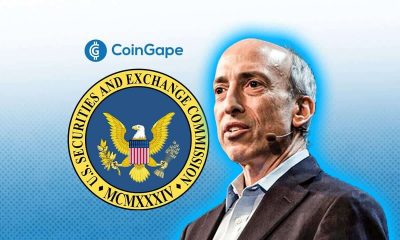

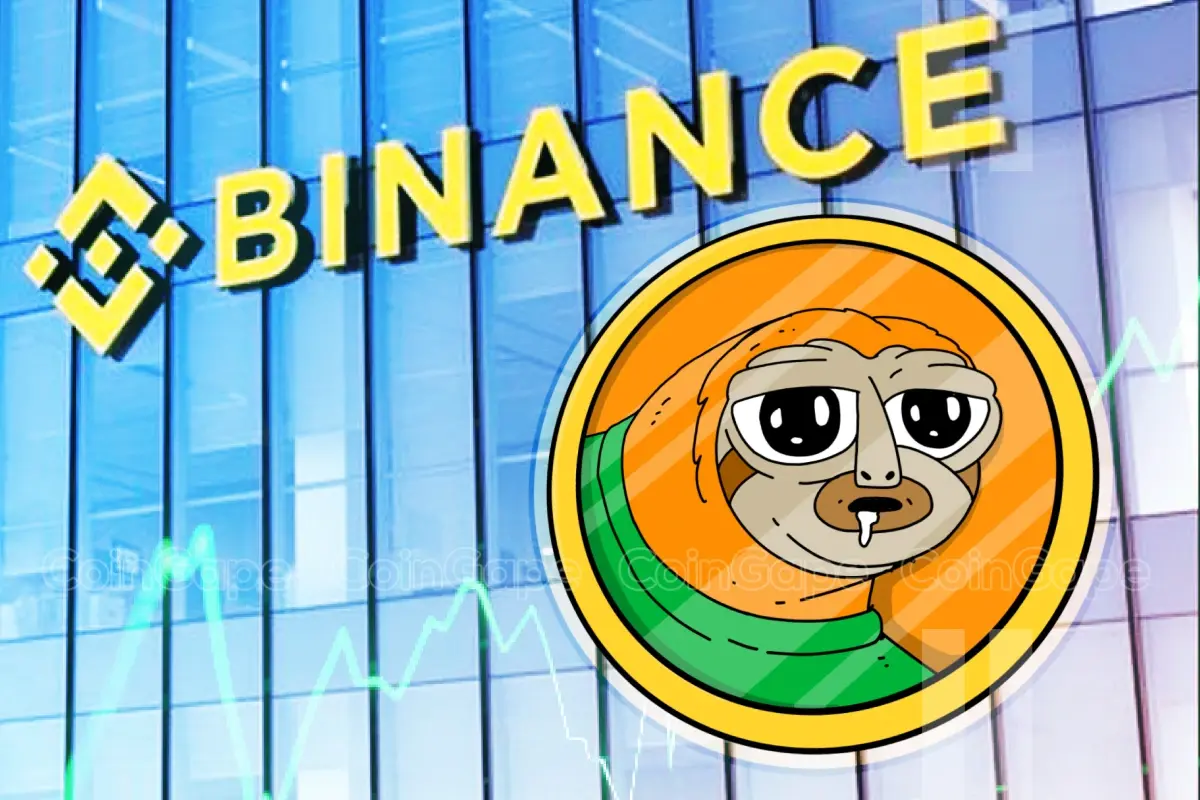














✓ Share: